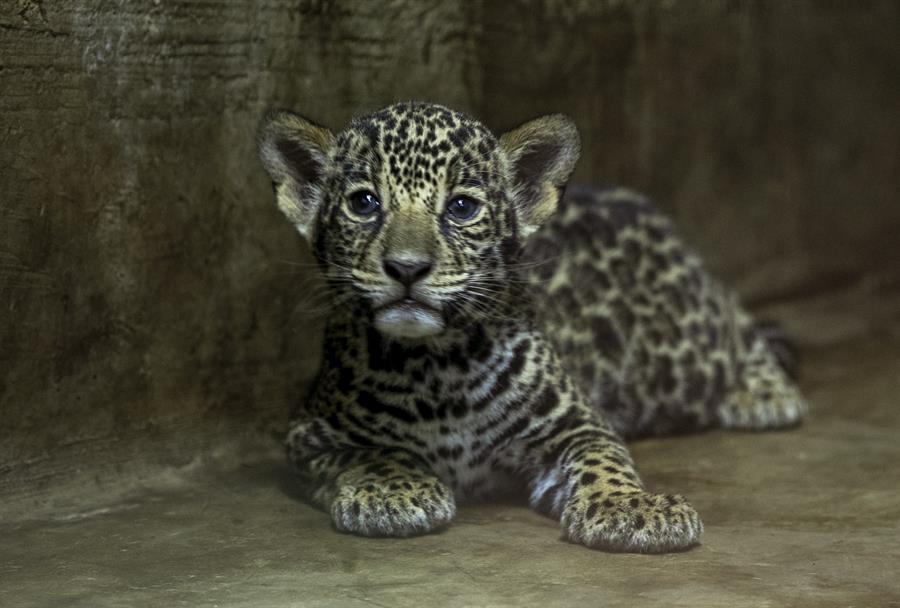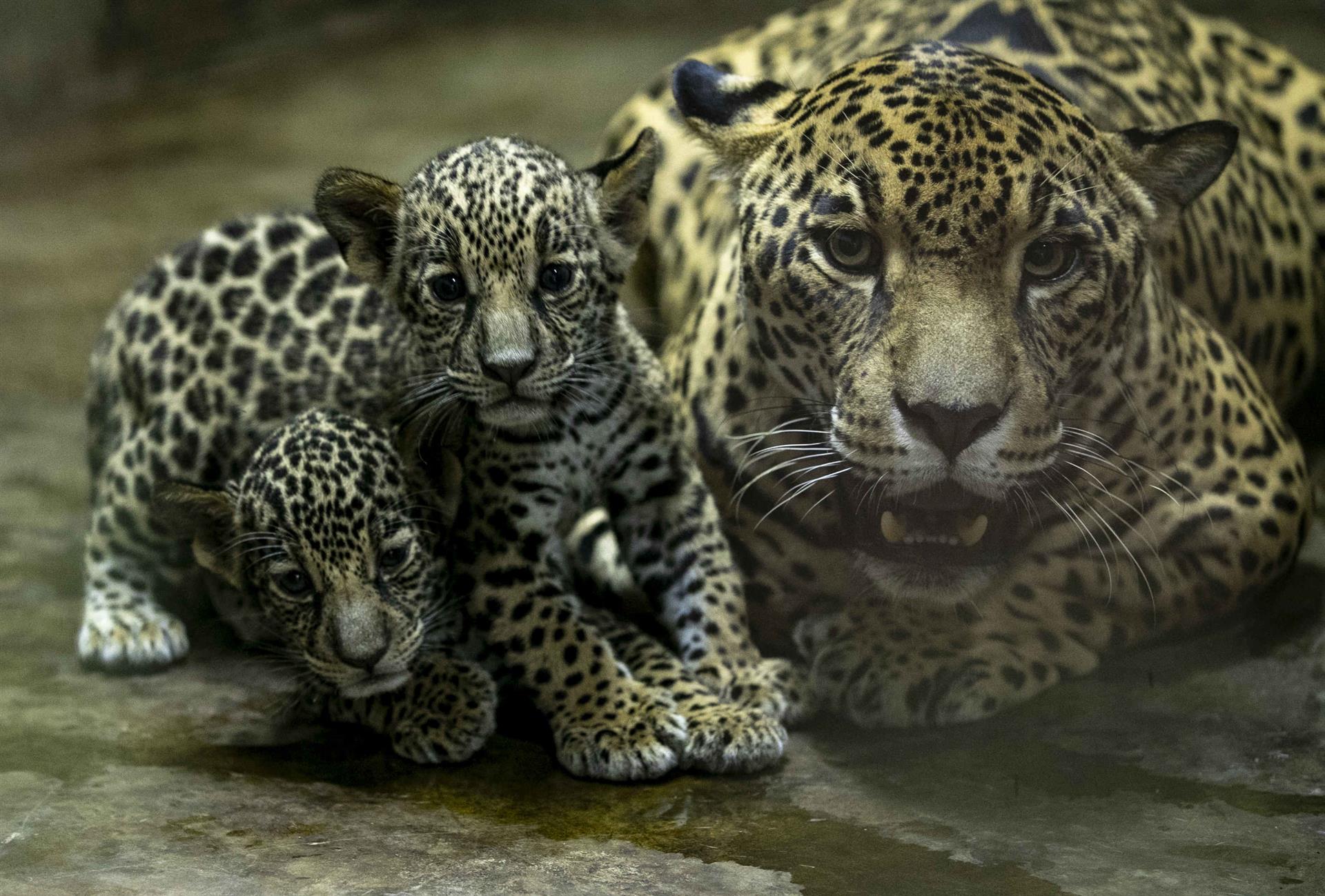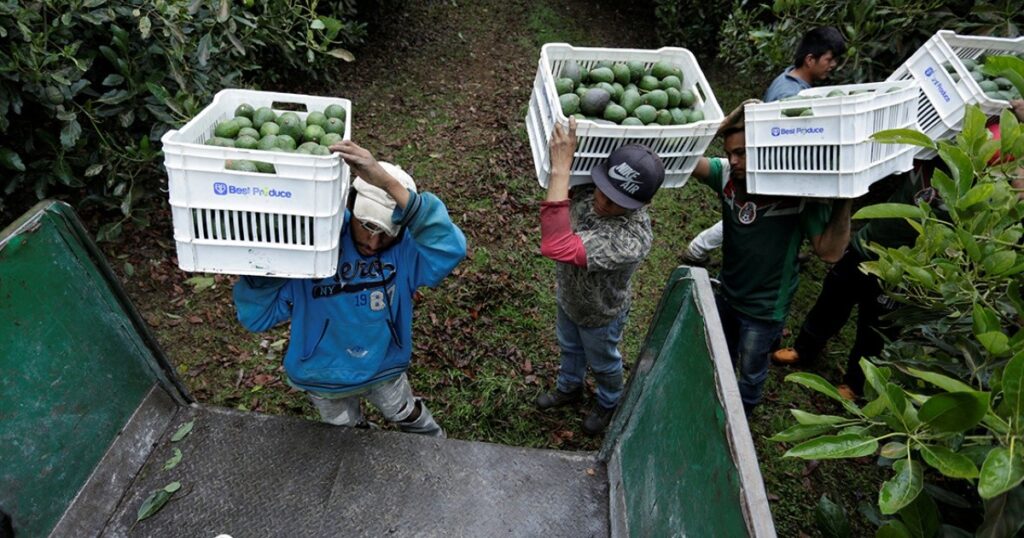Two jaguars (panthera onca, an endangered species) born in captivity almost two months ago at the Nicaraguan National Zoo (renamed Zoo Nicaragua) are being suckled by their mother and are in good health, Nicaraguan authorities reported Monday. that animal shelter.
The male and female, still without names, presented 55 days after they were born in captivity, are fed only with breast milk and it is expected that when they are 3 months old they can start eating meat, the director of the Zoo, Eduardo Sacasa, told Efe. . The pair of felines promises to be, along with their mother, who also has no name, the sensation of visitors to the National Zoo, located on the outskirts of Managua, the specialist pointed out.
Sacasa explained that jaguars are an endangered species and that in adulthood, the female weighs 240 pounds (108 kilograms) and the male weighs up to 350 pounds (158 kilograms) and their average lifespan is 24 to 26 years. .
Related news: Three white bengal tigers are born at the Nicaraguan Zoo
In the case of the cubs, the female and male jaguar weighed 677 grams and 678 grams, respectively, at birth. “A good weight,” said the expert.
This is the second birth for the six-year-old mother jaguar, who has a special diet based on cow fetuses.
The feline family is always under the care of a team of experts from Zoo Nicaragua, who are watching over them 24 hours a day.

The jaguar is an endangered species due to hunting and increasingly fierce competition to stay in its habitat.
The pair of jaguars joins the 20 felines housed in the animal shelter and who have been rescued, donated or born in captivity.
Related news: Nicaraguan Zoo presents a Bengal tiger born in captivity
In addition to jaguars, the Zoo is also home to Bengal tigers, Siberian tigers, pumas, and African lions, as well as smaller felines, such as the ocelot and the margay, among others.
The Nicaragua Zoo keeps hundreds of species under protection, while they wait to be released. A dozen people work in the maintenance of the animal center, including park rangers, guards, drivers, administrative area, among others.
An average of 1,000 people enter the Zoo Nicaragua on weekends, who symbolically pay one dollar if they are Nicaraguans or three dollars if they are foreigners.


















